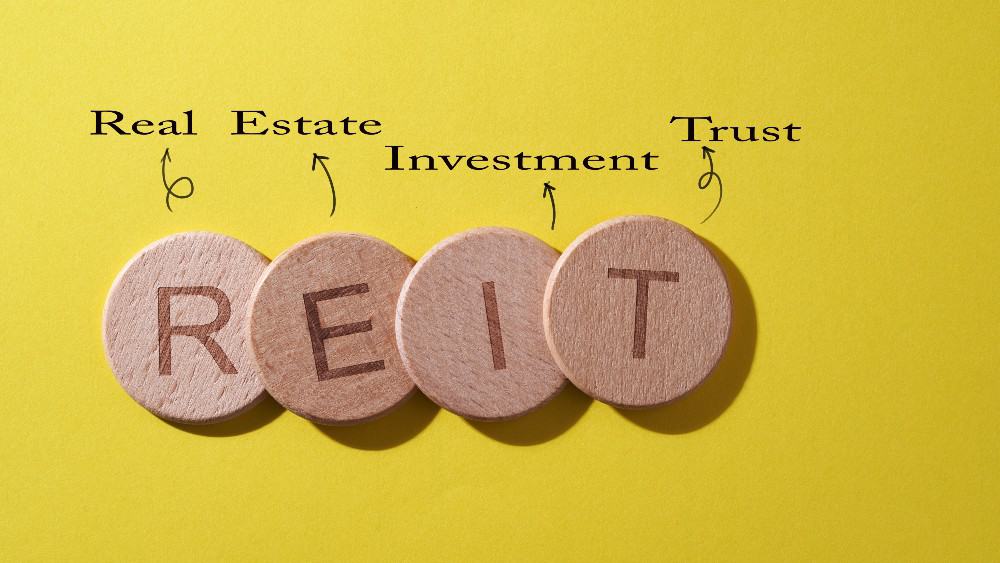How would you like to spend your $50? Maybe buy a Bluetooth speaker. How about you buy a dividend stock and get $0.3 every month for the next 10 years and more? While it may look like a small amount, when compounded, the stock can give you $50 per year in passive income after 10-12 years, using the power of compounding.
Bear markets are nirvana for dividend seekers and value investors. Warren Buffett made a fortune from stock market investing and is still running strong at age 93 after investing in market dips.
Buffett started investing at age 11 (1941) but earned 99.7% of his wealth at age 52 (1982). He invested in the most difficult market, one that witnessed World War 2, the Cold War, the 1970s energy crisis, and other crises sweeping the market. You can look at his investment tenure either as value erosion or value opportunity. Today, the market presents such value opportunities in the form of dividend stocks that will cost you less than $50 a share.
Stocks that give monthly passive income
The real estate sector is the largest contributor to Canada’s GDP. Buffett’s investing style is to invest in the economy’s strengths. As investors fear the burst of Canada’s property bubble, that is the time to grab onto REITs. Remember, land is an appreciating asset. Property prices will recover over time, driving up REITs’ share price and distribution over the long term. As REITs mature, they could become the dividend aristocrats of tomorrow.
Investing in REITs
Among Canadian REITs, CT REIT (TSX:CRT.UN) and RioCan REIT (TSX:REI.UN) can give you good diversification. Both are retail REITs, but their tenant mix is poles apart. While CT REIT earns over 90% of its rental income from parent Canadian Tire, RioCan has a diversified tenant base, with no single tenant contributing more than 5% to its rental income.
A pandemic-like crisis gave CT REIT a cushion as Canadian Tire retained its stores. However, it affected RioCan as most tenants closed their shops, creating an occupancy shock. But CT REIT runs the risk of concentration. If the parent Canadian Tire runs into trouble, it could significantly hurt CT REIT.
You can benefit from both business styles for less than $50 a share. The bear market has pulled down REITs as higher long-term yields have made mortgages expensive. These REITs have mortgages and high debt sitting on their balance sheet. CT REIT has $2.87 billion in debt, whereas RioCan has over $7.1 billion in debt. The expensive mortgage will hurt RioCan’s profits more than CT REIT’s.
But RioCan slashed its distribution during the pandemic and reduced its payout ratio to 59%, giving it flexibility to withstand economic weakness.
Timbercreek Financial stock
Timbercreek Financial (TSX: TF) offers short-term mortgages to REITs. The rising mortgage is an expense for REITs but income for Timbercreek. Investing in the real estate supply chain can help you grow your passive income in a strong economy, but it will also increase risk in a weak economy.
You can reduce the risk by investing in these stocks at their lows. When the stock bottoms out, it has little room to fall but significant room to jump.
Timbercreek Financial’s stock price has dipped 25% since March 2023, when the first set of mortgage renewals occurred. It is trading near its all-time low, which has inflated its dividend yield to 11%. Such a high yield is not sustainable. A dividend cut is likely if Timbercreek sees an increase in default rates. Even if it halves the dividend, that will reduce its yield to 5-6%.
How to invest $50 to earn passive income
| Company Name | Stock Price | Annual Dividend per share | Number of shares | Invested amount | Annual Dividends |
| Timbercreek Financial | $6.30 | $0.69 | 8 | $50.4 | $5.52 |
| RioCan REIT | $17 | $1.08 | 3 | $51 | $3.24 |
| CT REIT | $13.40 | $0.90 | 4 | $53.6 | $3.6 |
The above three stocks are trading between $6 and $17. Assuming they maintain their distributions, a little over $50 can earn you $3.20 to $5.50 in passive income annually. CT REIT even increases its distributions annually by 3%. You can compound your returns by reinvesting these payouts and grow rich slowly.








